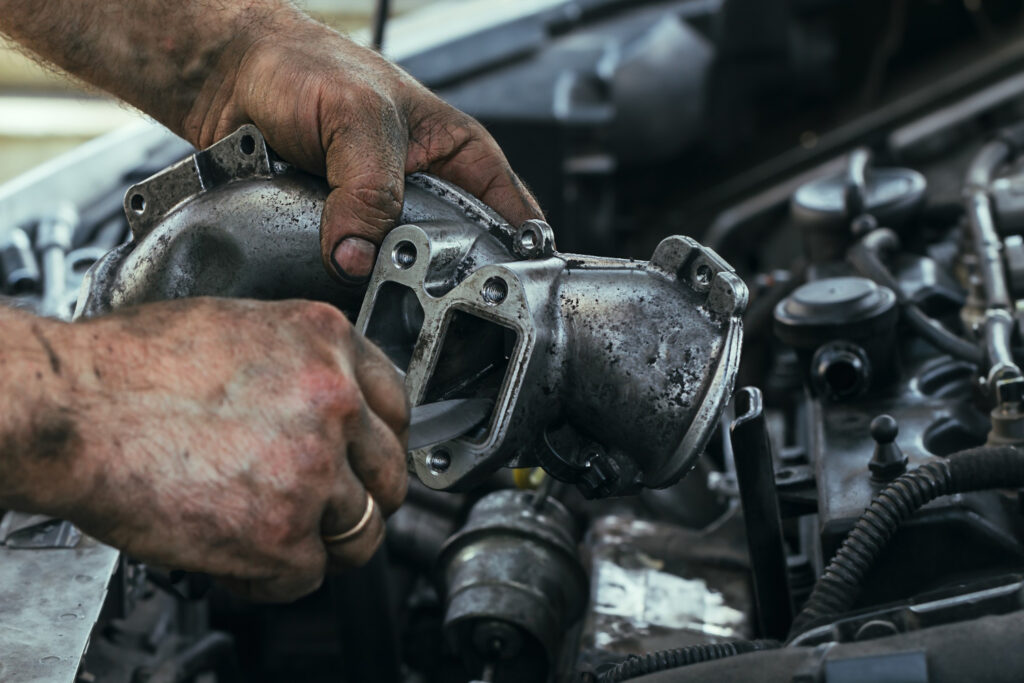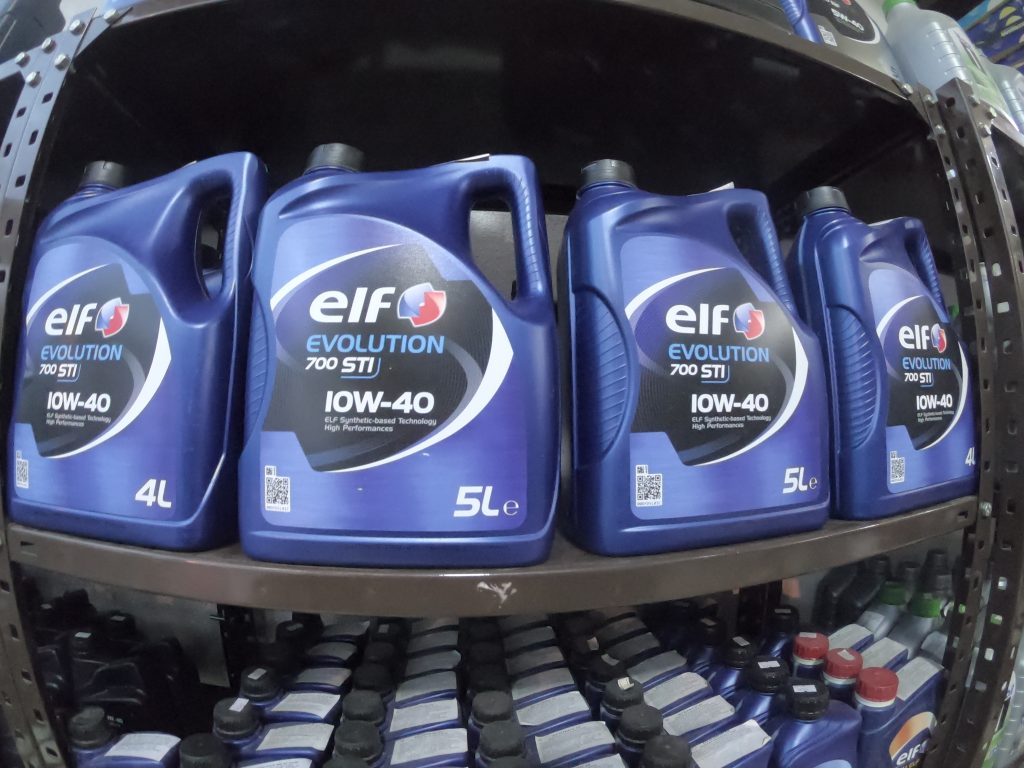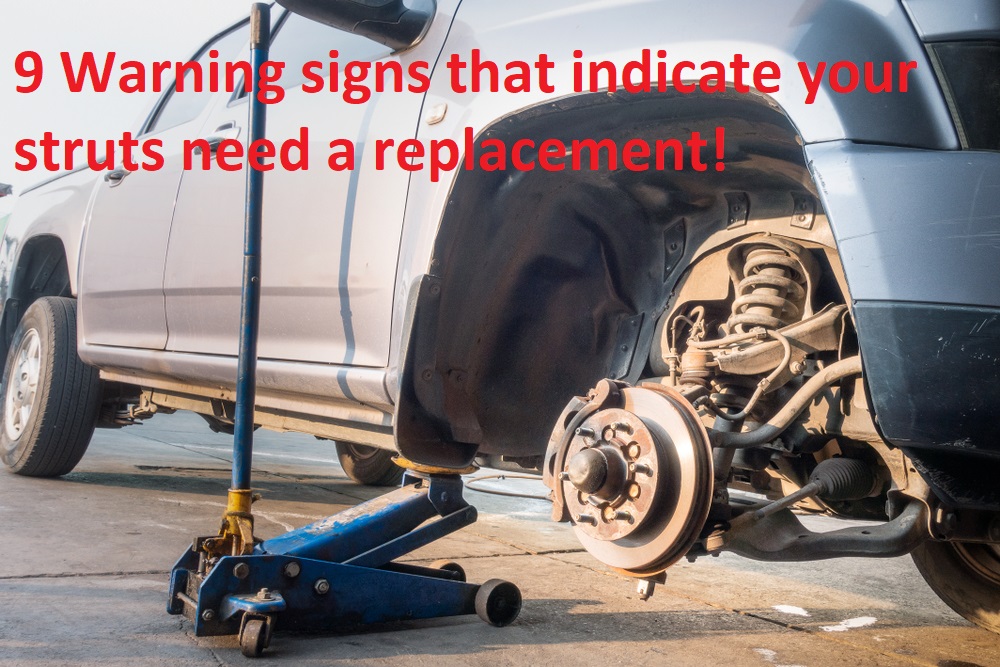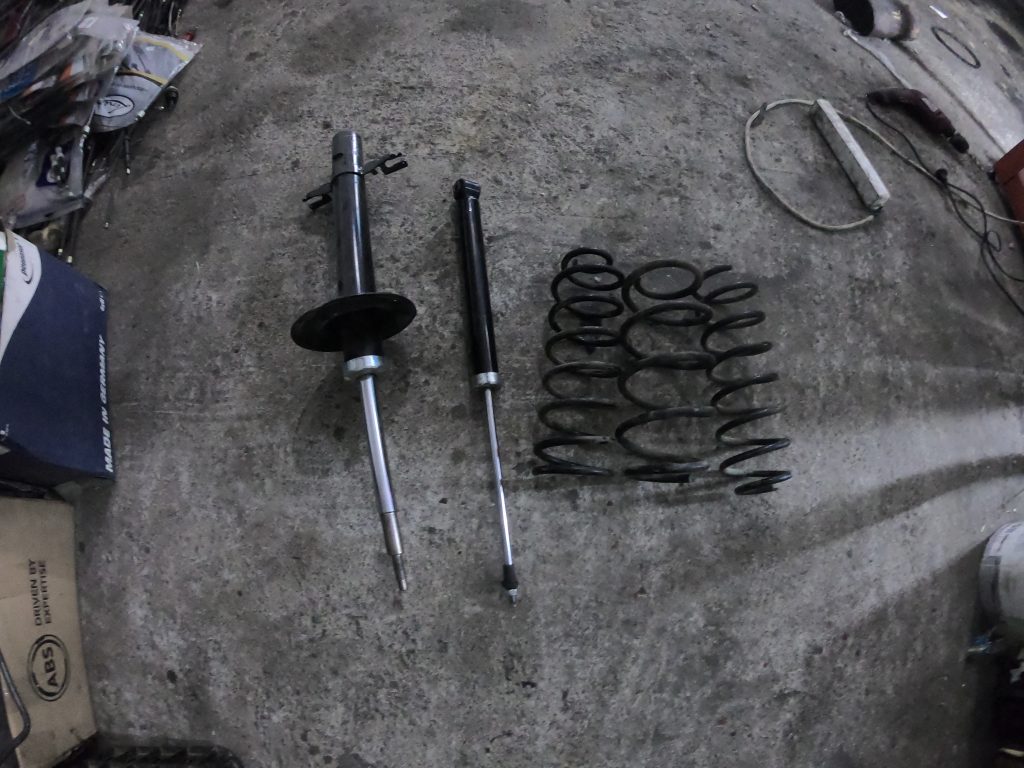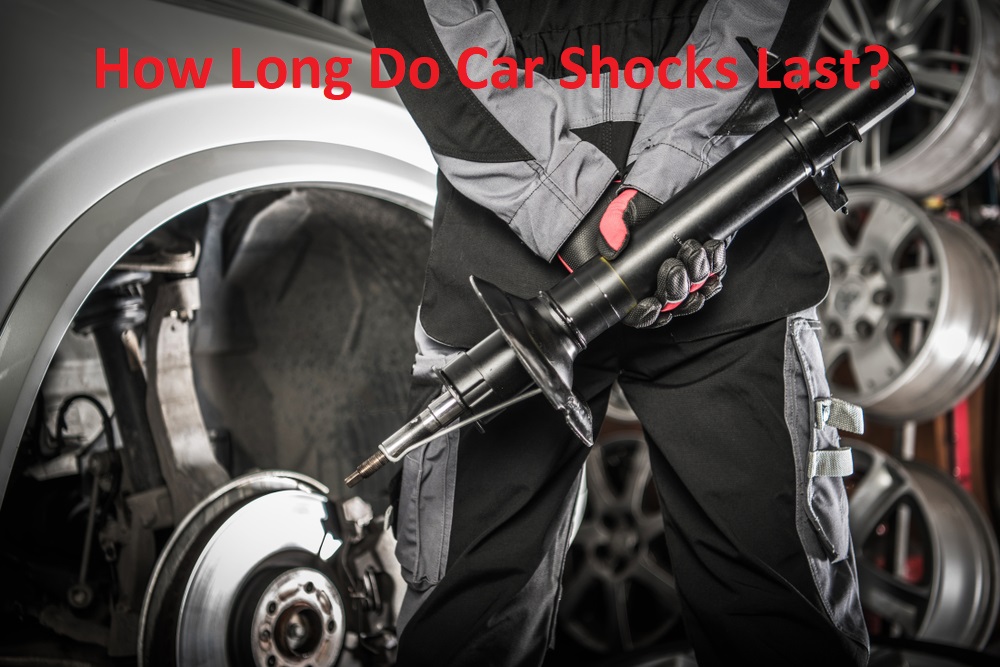Are you having odd symptoms with your car and wondering if a bad EGR valve is causing damage to your catalytic converter?
A bad EGR valve could harm the catalytic converter by producing carbon accumulation in the intake manifold and on the valve itself.
It can also cause the engine to run lean, causing the converter to overheat and break the substrate and precious metals.
It’s a genuine issue because the EGR valve and the catalytic converter are vital to the engine’s proper operation.
This post will look at the EGR valve’s connection with the catalytic converter and how a malfunctioning EGR valve may impact the cat-con.
How Does the Bad EGR Valve Affect the Catalytic Converter
Having an old vehicle or a non-maintained one can cause you a lot of headache.
If one part starts showing signs of wear and tear, it will most likely lead to issues with other components as well.
With that said, let’s look at how an EGR valve can damage your cat-con.
A Build-Up of Carbon in the Intake Manifold
When the EGR valve fails to work correctly, dust can accumulate in the intake manifold and on the valve itself, clogging the catalytic converter.
This can reduce the converter’s efficiency, causing the engine to perform poorly and potentially leading the converter to fail if not replaced.
However, it is not only the EGR valve that might harm the catalytic converter.
The Engine Will Run Lean and Overheat
A faulty EGR valve can also harm the catalytic converter, causing the engine to run low.
When the EGR valve fails to function correctly, exhaust gas recirculated into the combustion chamber decreases.
This can force the engine to run lean, indicating insufficient fuel in the air-fuel combination.
When the converter becomes too hot, the substrate breaks, and the precious metals burn off, leaving the converter unusable.
The catalytic converter catalyzes the conversion of hazardous pollutants into less dangerous molecules.
All by utilizing a ceramic or metallic substrate covered with a combination of precious metals such as platinum, palladium, and rhodium.
What Are the Signs of a Faulty EGR Valve?
Symptoms of a bad EGR valve are rough idling, stalling, poor throttle response, and a decline in fuel economy.
If you’re experiencing these symptoms and suspect a faulty EGR valve, you should get your car inspected by a competent technician.
They will be able to diagnose the issue and recommend the necessary fixes.
What If You Have a Fake or Drive Without a Catalytic Converter?
If a fake catalytic converter is mounted on a car with an EGR valve problem, it may be unable to compensate and result in even more significant engine damage.
Using a fake catalytic converter might worsen the situation in this instance.
It is highly advised to use a genuine, high-quality catalytic converter that fulfills your vehicle’s emissions regulations.
However, many people on a tight budget consider this less-costly option. Even some drive without a cat-con.
Solving any issues with the EGR valve or other engine parts is also necessary to guarantee optimal operation and pollution management.
Wrapping It Up
Finally, a faulty EGR valve can potentially destroy the catalytic converter.
If you suspect a problem with your EGR valve, it’s critical to be aware of the signs and have your car checked out by a skilled technician.
Regular maintenance and inspection help avoid issues with the EGR system and the catalytic converter. This ensures your vehicle runs smoothly and effectively.

